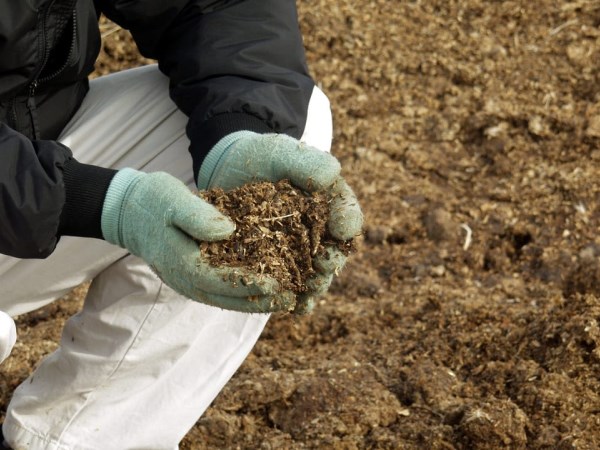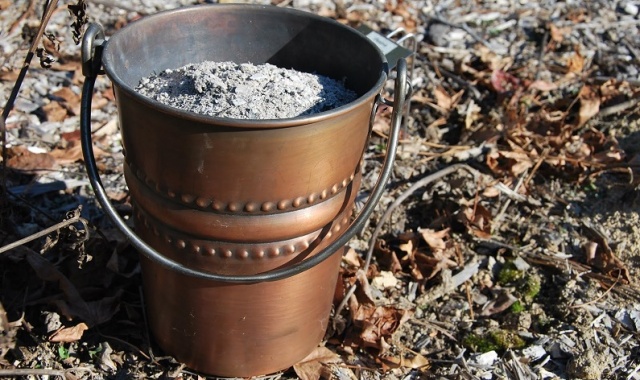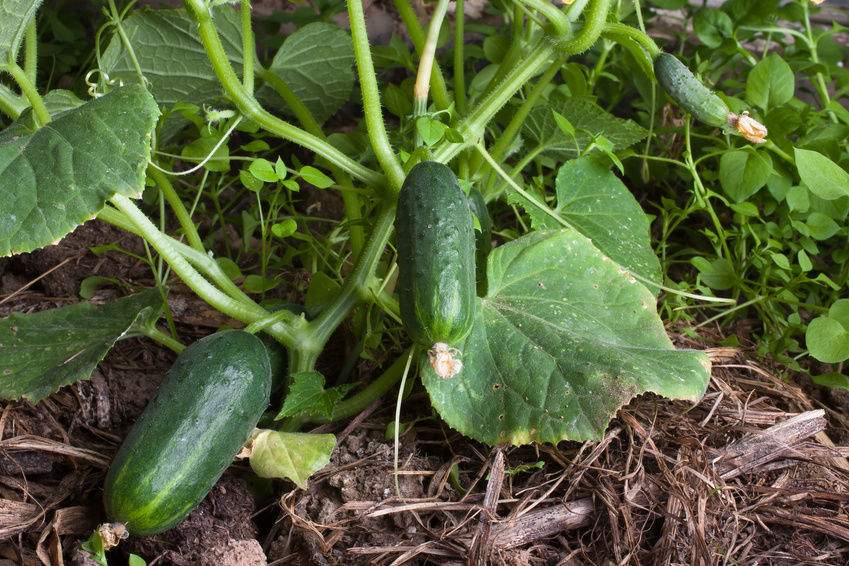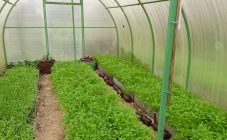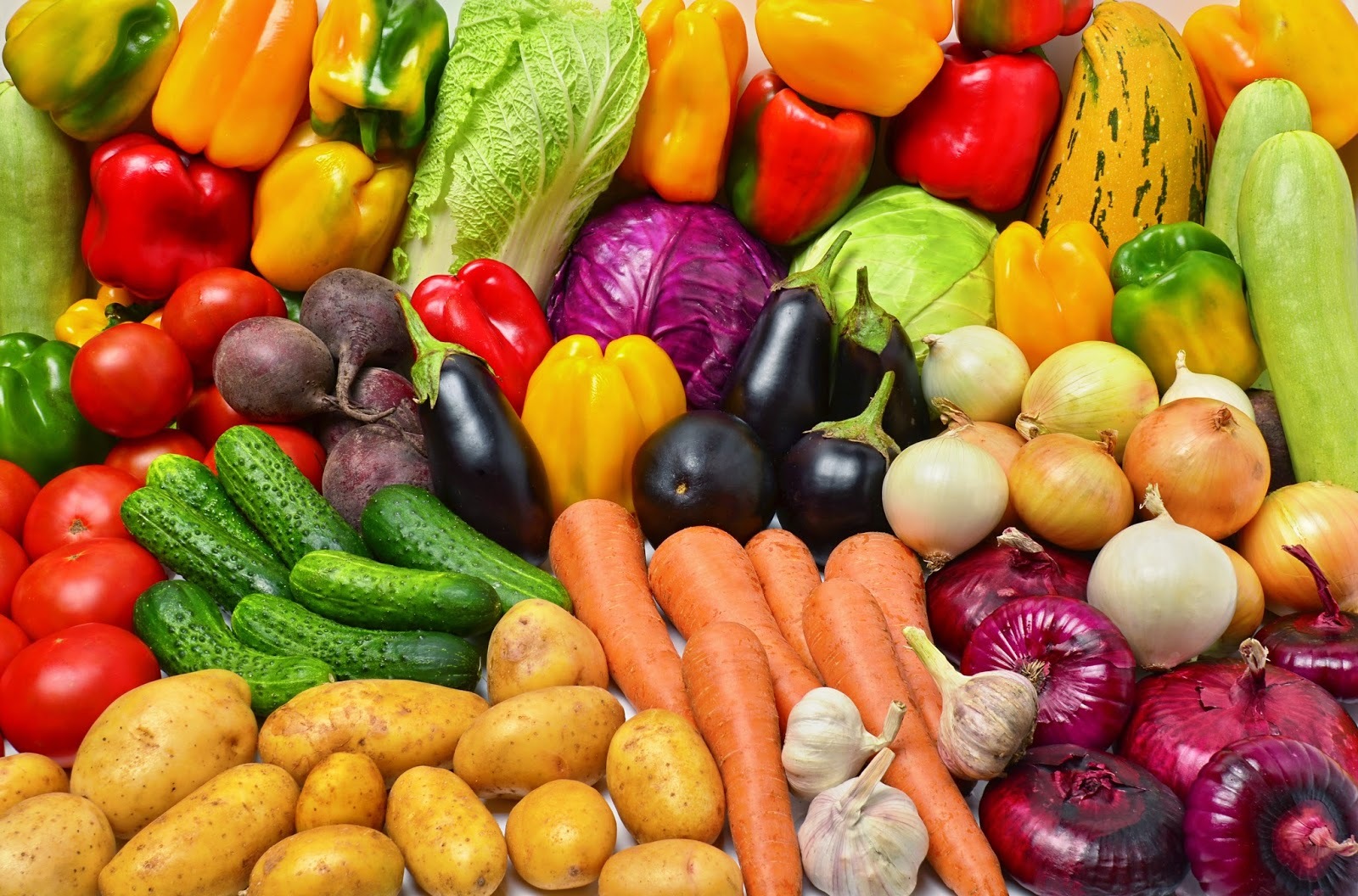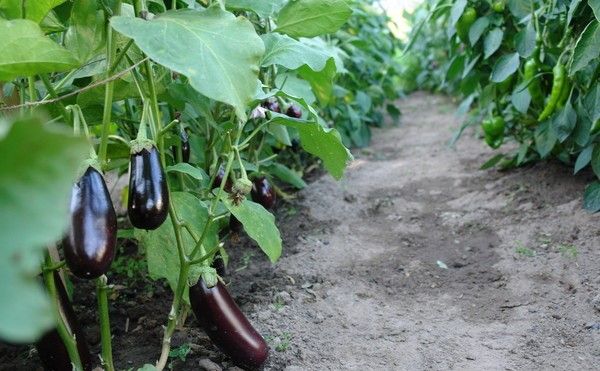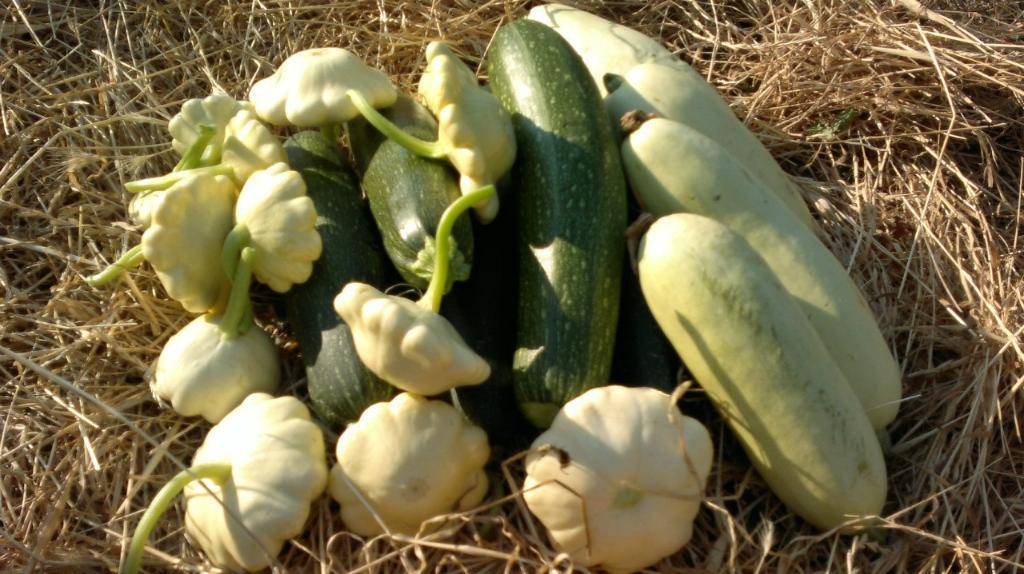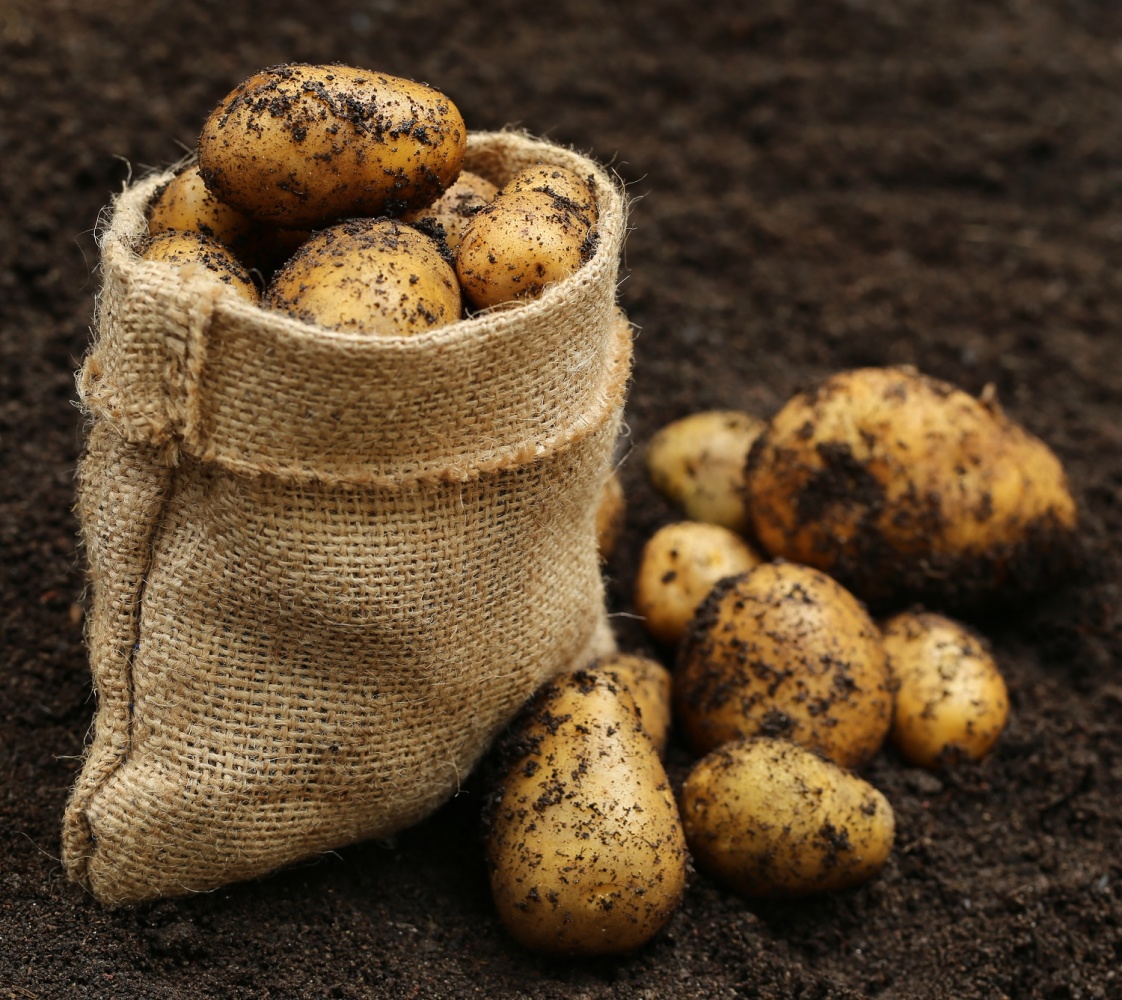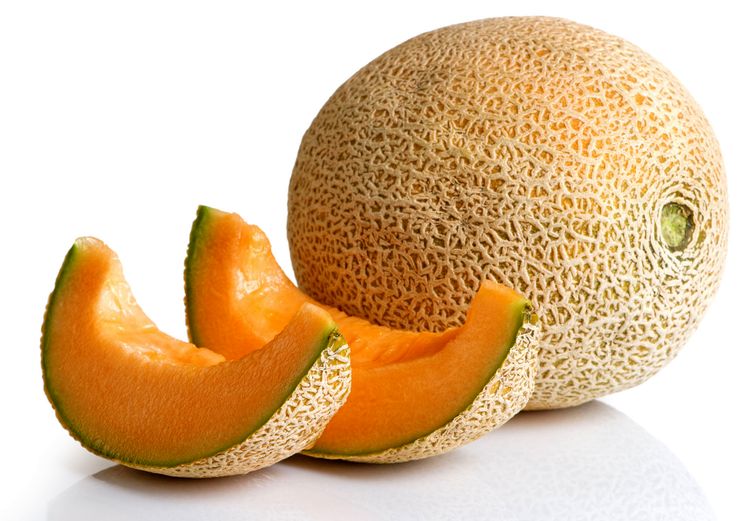Content:
Everyone knows that the best harvest grows on well-fertilized soil. Fertilization is especially important if the land is depleted. Many, including experienced gardeners, are sure that in order to grow a good harvest, it is necessary to add manure to the soil - the more, the better. Or humus, or other organic fertilizer. Moreover, due to their ignorance, they sometimes do it right before sowing seeds. But it is undesirable to do this just before sowing. The salts that are contained in mineral and organic fertilizers, in large quantities, do not have a stimulating, but a destructive effect. This fully applies to planting cucumbers.
Each garden bed has its own fertilizer
The concepts of humus and manure are often confused. Compost and humus also add confusion. In fact, these are all different things that have one thing in common - the underlying organic matter. So, compost is the result of decomposition of plant residues - the compost component is weeds, and old tops, and table residues, which are also suitable as fertilizers.
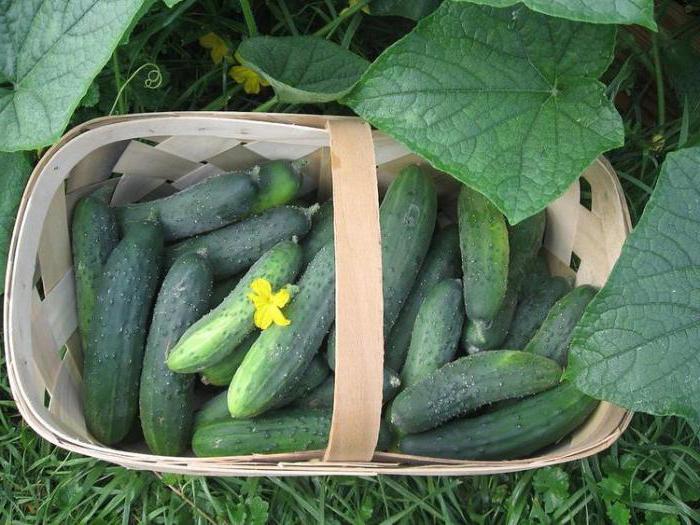
Excellent cucumbers are obtained with the correct application of organic fertilizer in the form of manure
Humus is an organic substrate (of plant and animal origin), which is processed with earthworm enzymes and makes up the most useful part of the soil. Manure is the remains of animal life combined with elements of forage bedding.
Fertilizer types based on manure
Manure for vegetables is very useful in any form. It is different, depending on which animal produces it:
- horse manure is very good for cucumbers, it decomposes quickly, dry and loose, goes well for mulching in greenhouses and in the ground, for making fertilizing from slurry;
- cow - the most common, although the volume of nutrients is inferior to horse. It is more liquid, a mullein is prepared from it for liquid feeding. They will not be able to mulch, but it is indispensable for arranging a warm garden;
- sheep - it is rarely used, but it is even more useful than horse. The downside is that it rots longer than usual;
- bird droppings are also a type of fertilizer necessary for feeding. The peculiarity of the litter is that its shelf life is no more than a month, and fresh it is ineffective. If you insist on it, the return will be good.
Which is better: fresh or rotted?
And what type of organic fertilizer to choose and do cucumbers generally like manure? Yes, they respond well to the introduction of organic fertilizers, they also perceive mineral fertilizers well, but they treat chemical additives badly.
However, not all manure can be applied to the garden. It is undesirable to use fresh either for cucumbers or for other plants. Firstly, weed seeds can remain in it. Worse, if the bed also acquires helminths with manure - this is already dangerous for human health. So it is better to use rotted manure. Better yet, humus is a loose, dark brown substance. The most useful is the one that lasted for three years.
If manure was nevertheless brought to the dacha, it is more efficient to use it for the construction of a warm bed.To do this, manure is laid along the edges of the holes, covered with earth so as not to burn the cucumber stalks. But down, where the roots will be located, manure is not put. The roots can sprout and burn. When applied correctly, the bed will be warm, which is what is needed for thermophilic cucumbers.
Do cucumbers like ready-made humus? Yes, this is the best organic fertilizer that is suitable for greenhouses and open ground. Cucumber, tomato, and other plants grow on humus. The best "cucumber" manure - horse or cow, is also suitable for poultry. For a warm garden bed, a little rotted or fresh manure is laid in the fall. In the spring it will already be rotten, therefore it is not afraid of the roots. Inside this warm bed, you can put a layer of bird droppings, shifting vegetative layers of grass or foliage. And on top of the finished garden bed before winter, it is still good to lay horse manure - in the spring, when the snow melts, it will penetrate down and be absorbed. As soon as the earth dries up, the garden is dug up and, adding a little humus, cucumbers are planted.
Open ground allows repeated feeding of cucumbers with a mullein. The first time they are watered two weeks after germination, a couple of weeks later, feeding is repeated. For the third time, it is already good to use an ash extractor.
If there is a greenhouse or greenhouse, when planting in them, special conditions for organic matter must be observed. Plants can really like manure, but you don't need to overdo it. Plants react very strongly to humus, and what is recommended for planting in open ground is not always suitable for use in a greenhouse.
Planting in greenhouses is carried out after the preparation of the soil. It is good to prepare a mixture of sod land with manure - a ratio of two to one. It is also good to sprinkle it with phosphate rock. And with acidic soil, add lime.
Ash feeding
Manure and all its derivatives are primarily a source of nitrogen. An overly fertilized soil with organic matter will provoke plants to the active growth of green mass, instead of forming fruits, it will spend all its strength on the development of leaves. In addition, excess nitrogen at the beginning of the season can lead to a lack of potassium, especially potassium starvation is possible in the second part of summer.
Usually, a lack of potassium manifests itself in an unreasonably strong growth of cucumber lashes, in the darkening of the leaves to a dark green color, while the lower row of leaves gradually changes color to light, a yellow border appears along the edges.
This does not mean that cucumbers cannot be saved. The situation can be corrected by applying at the root, as well as in the form of foliar top dressing with an aqueous solution of wood ash. You can also dilute potassium sulfate.
Is it possible to plant cucumbers directly in black soil
Chernozem is not fertilizer, not compost, but earth, it's just of the highest quality, rich in nutrients. Those who have a plot on black soil are just lucky. Others buy more or less good soil, which is called black soil on sale. Although, strictly speaking, black soil is a certain composition of the soil, and not every black earth can be called it. Almost everything can be grown on it, with the exception of melons - it is better to plant watermelons on the sands. Real black soil is self-sufficient, does not need fertilization.
Cucumbers can and should be grown using humus. However, everything, including feeding, should be approached intelligently. If the plants look healthy, one feeding per season is sufficient.But if the soil is poor, then it is better to start taking care of the application of organic fertilization in the fall.
